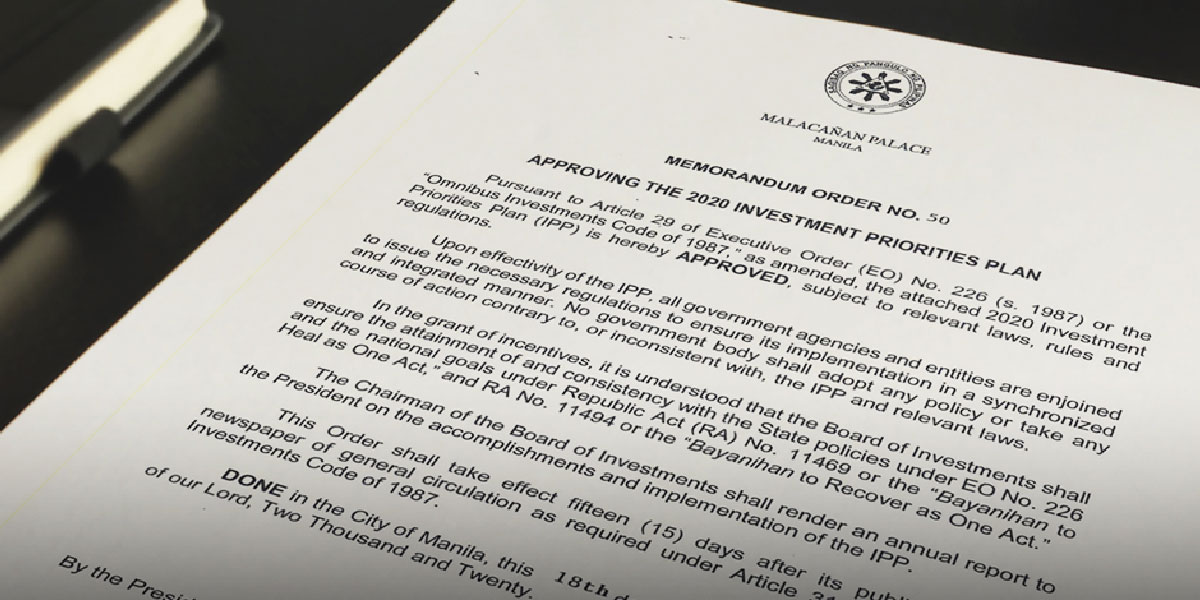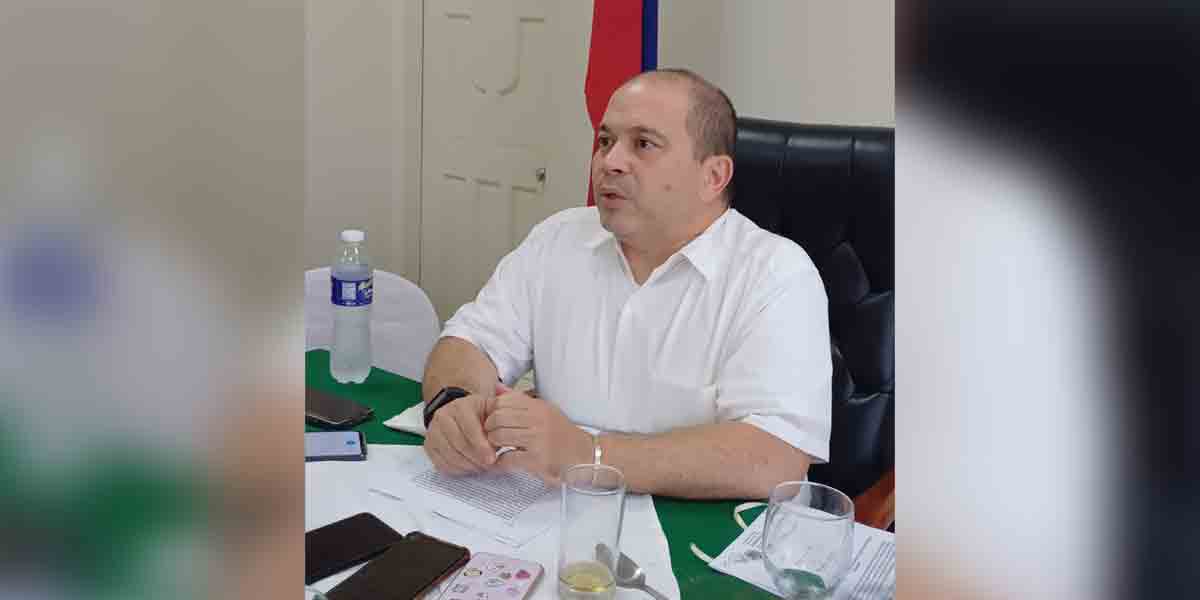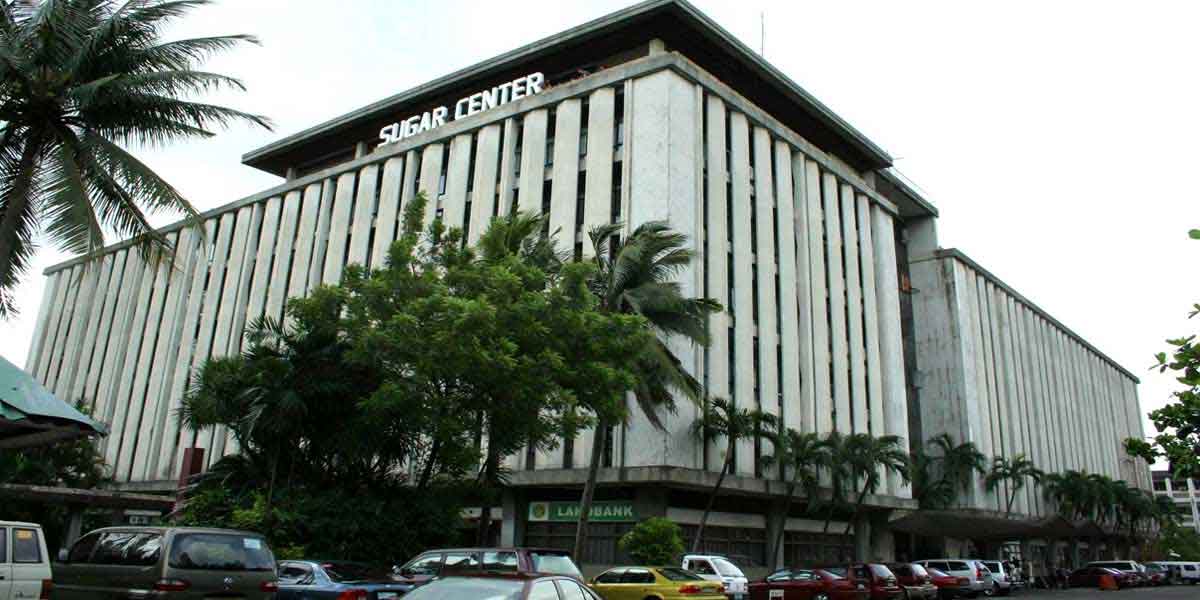
Projects to generate and commercialize patented technologies will now enjoy incentives from the government as these activities have been added into the Board of Investments’ (BOI) 2020 Investment Priorities Plan (IPP).
Signed last February 9 by Trade Undersecretary and BOI head Ceferino Rodolfo, BOI Memorandum Circular 2021-001, which provides the implementing guidelines for the 2020 IPP, identified the commercialization of “uncommercialized patents” as one of the projects falling under the “Innovation Drivers” activity.
Uncommercialized patents refer to invention patents, utility models (UMs) or industrial designs (IDs) that have been granted patent or are registered at the intellectual Property Office of the Philippines (IPOPHL) but have not delivered economic returns, such as by means of a spin-off company, licensing or sale, among others.
ITSO as innovation centers
The 2020 IPP also recognized Innovation and Technology Support Offices (ITSOs) as “Innovation Centers”, or a community of entrepreneurs and researchers helping find breakthroughs and alternative solutions to address current industry challenges.
A university, college or research center that partners with IPOPHL, an ITSO offers access to patent and scientific and technical databases, assistance in using patent databases, training in patent claim drafting and advice on intellectual property (IP) management, among others.
ITSOs have played a big part in driving UM and resident-patent filings in 2019, in turn contributing to the Philippines’ hike in the 2020 Global Innovation Index (GII) ranking. IPOPHL has 83 ITSO-partners to date.
“The express promotion of patent creation and commercialization, no less than by the biggest investment promotion agency in the country, is a landmark development that will further IPOPHL’s push for Filipinos to harness IP for inclusive business and technological growth,” IPOPHL Director General Rowel Barba said in a statement Sunday.
“The move will surely reinvigorate filings activity, help the Philippines climb higher in the GII and fulfill our goal to transition to a knowledge-based economy,” he said.
The IPP’s expansion of IP-related activities is one of the fruits reaped from IPOPHL’s August 2019 memorandum of agreement (MOA) with BOI. The objective of the MOA includes incentivizing IP-generating activities.
Barba’s continued membership at the BOI’s Board of Governors has helped ensure that the implementation of the MOA moves forward.
“We will continue work in adding more IP-generating activities in the next IPPs. We hope we can succeed so we can drive more socially relevant and industrially useful IP products and processes into the market,” Barba said.
Other IP-related activities under the rolling three-year plan include generating original content for books, originality being a key criterion for copyrighted works, and requiring business incubator hubs to provide IP management and legal consulting services.
Signed by President Rodrigo R. Duterte last November, the 2020 IPP is in line with the government’s pandemic recovery response under the “Bayanihan to Heal as One” Act.
The current IPP also aims to modernize the economy, generate decent jobs across the country, and help solve societal issues on employment, housing, transportation and safe and secure travel, among others.



















